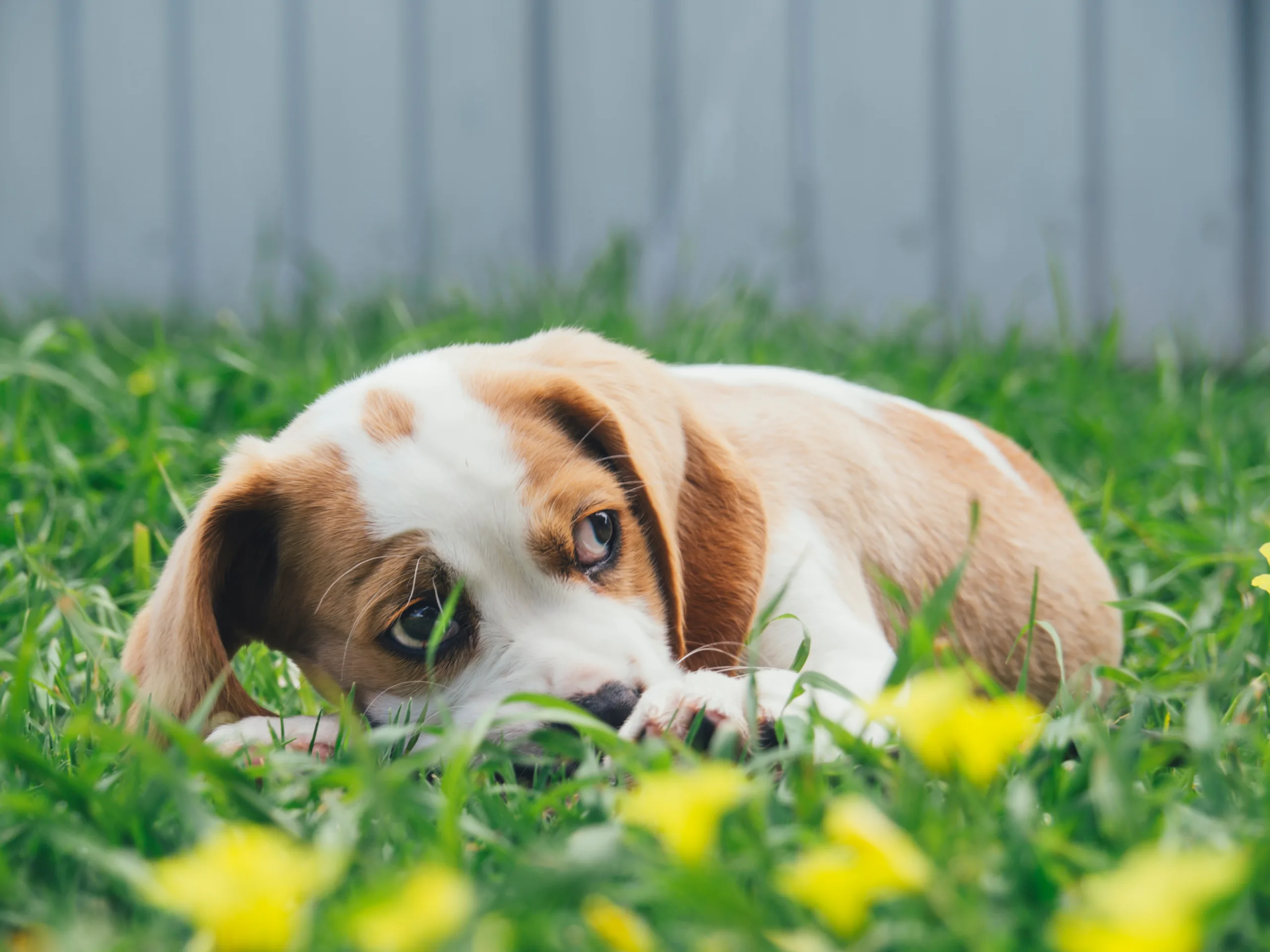Why Do Dogs Rub Their Face on the Ground? Dogs are known for their quirky behaviors, and one that often catches our attention is their habit of rubbing their faces on the ground. Whether it’s against the grass, carpet, or any available surface, this behavior can leave dog owners both amused and puzzled. In this article, we’ll delve into the intriguing world of canine behavior, explore the reasons behind dogs rubbing their faces on the ground, and answer common questions to shed light on this endearing yet enigmatic habit.
For more about dogs click here
The Curious Case of Face Rubbing
Face rubbing, also known as “head pressing” or “scent marking,” is a behavior that can have various underlying causes. While it might appear odd to us, it’s a natural expression for dogs, rooted in their instincts and sensory perceptions.
Potential Reasons for Face Rubbing
- Scent Marking: Dogs have scent glands located on their faces, particularly around their cheeks. Rubbing their face on surfaces can help them distribute their scent, marking their territory and leaving behind their unique olfactory signature.
- Scratching and Itching: Face rubbing might indicate that your dog is experiencing itching or discomfort in their facial area. It can serve as a form of self-soothing or itch relief.
- Exploration and Sensory Stimulation: Dogs rely heavily on their sense of smell to understand their environment. By rubbing their face on different surfaces, they gather information about their surroundings and interact with different scents.
- Communication: Face rubbing can also be a social behavior. Dogs might rub their faces against each other as a friendly gesture or a way of saying hello.
- Attention Seeking: In some cases, dogs may engage in face rubbing to get their owners’ attention. If they receive a reaction or interaction after face rubbing, they might continue the behavior as a means of communication.
FAQs on Why Do Dogs Rub Their Face on the Ground?
Q1: Why does my dog rub his face on the floor?
Dogs might rub their faces on the floor to mark their territory, alleviate itching, explore their surroundings, or seek attention.
Q2: Why is my dog rubbing the side of his face on the ground?
Rubbing the side of the face could indicate scent marking, itch relief, or exploration.
Q3: Why does my dog rub her nose in dirt?
Rubbing the nose in dirt could be a way to distribute scent, alleviate itching, or simply enjoy sensory stimulation.
Q4: Why do dogs rub themselves on the carpet?
Carpet rubbing may help distribute scent, alleviate itching, or be a playful behavior that provides sensory stimulation.
Q5: Why does my dog rub her face with her paws?
Rubbing the face with paws could be a way to relieve itching, clean the face, or seek attention.
Q6: Why does my dog stare at me?
Staring at you could be a sign of affection, curiosity, or a way to communicate a need or desire.
Understanding Your Dog’s Behavior
To better understand your dog’s face rubbing behavior, consider these factors:
- Context: Observe when and where your dog engages in face rubbing. Is it after a walk, during play, or in specific environments?
- Frequency: If the behavior becomes excessive or compulsive, it’s important to consult a veterinarian to rule out any underlying health issues.
- Environmental Changes: Changes in your dog’s surroundings or routine might trigger face rubbing. Pay attention to any recent changes in your home or outdoor spaces.
- Health Check: If you suspect itching or discomfort, examine your dog’s facial area for signs of irritation or allergies.
External Resources for Canine Behavior
For further insights into your dog’s behavior, consider exploring these resources:
- American Kennel Club – Why Do Dogs Do That?
- VCA Animal Hospitals – Canine Behavior Problems: Head Pressing
In Conclusion
As canine companions, dogs continually fascinate us with their unique behaviors and ways of communicating. Face rubbing is just one of the many ways dogs interact with their environment, express their instincts, and convey their needs. While the exact reasons behind this behavior can vary from dog to dog, understanding the potential causes and paying attention to the context can provide valuable insights into your furry friend’s world. Remember that each dog is an individual with their own personality and preferences. By observing, engaging, and nurturing their behaviors, you’re strengthening the unique bond you share with your canine companion. So, the next time you witness your dog rubbing their face on the ground, take a moment to appreciate their natural instincts and the fascinating ways they interact with the world around them.
